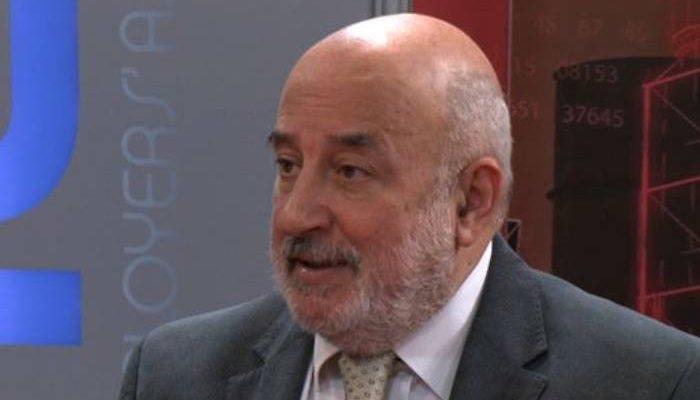A new set of measures meant to enable and promote a work-life balance were introduced for Malta’s public service workers, however this risks having a negative impact on the private sector in light of a tight labour market.
There are roughly 50,000 workers in the public sector, of which, 30,000 are involved in public service.
Private sector spokespersons such as The Malta Chamber and the Malta Employers Association (MEA) have regularly accused the public sector of poaching workers, especially prior to elections.
In 2021, the MEA had proposed a moratorium on public sector recruitment six months prior to any election to minimise abuse by incumbent Governments, while The Malta Chamber proposed limiting employment in the public sector for one year before the end of a Government’s term.
What measures were introduced for public service workers?
The policy makes the following measures available:
- Working reduced hours
- Flexi-time
- Flexi-week
- Remote working
Flexi-time enables workers to choose to start working one or two hours earlier/later and finish one or two hours earlier/later, while flexi-week enables workers to spread a 40-hour work week over a period of four or six days.
This means that public service workers can effectively choose to work four-day weeks.
As for remote work, there are some limitations. All public service workers can have up to 20 per cent of their weekly working hours worked remotely without the need to provide justification. But only a narrow section of public service workers are eligible for extended remote work, generally those with dependents or for health reasons.
Impact on the private sector

This newsroom spoke with Joseph Farrugia, director-general of the MEA, about what impact these measures will have on the private sector.
Mr Farrugia noted a number of potential adverse effects of these new policies.
“It is not just a matter of migration from the private to the public sector. What will happen is that there will be an increasing shortage of employees in sectors and jobs where conditions such as teleworking are not possible – e.g. catering, health, manufacturing and others.”
“What will negatively affect the private sector is if teleworking in the public sector is perceived to be simply same pay for fewer productive hours.”
A drop in productivity would be a significant adverse effect on the national economy. A recent policy note published by the Central Bank of Malta highlighted that policymakers should focus on addressing the skills shortage and increasing the productivity of the workers available.
“Also, mobility to the public sector should be the result of productive vacancies, and not just a desire by employees to work in the public sector,” added Mr Farrugia.
“Otherwise, there are many companies in the private sector that have introduced similar measures with the difference that in the private sector, productivity is expected to remain the same or increase once such measures are introduced, and that there are the necessary controls to ensure that this is the case.”
It is hoped that this will be the case in the public sector.”
Asked whether employers are feeling pressure to introduce similar measures, Mr Farrugia responded, “there is certainly more demand for a flexible work organisation in various forms in the private sector. In general, employers do not resist such flexibility as long as productivity is not affected.”
He gave the example of manufacturing, where distributing 40 hours over four days is already in practice.
“It is not an issue as long as it is a win-win situation which safeguards the productivity and competitiveness of enterprises.”
However, he cautioned against one-size-fits-all solutions: “conditions vary between companies and sectors, and one cannot expect a common solution for all enterprises. Certainly, there are already companies that afford to provide full flexibility – e.g. full-remote working – to many of its employees, whereas others need their labour force to be fully present to be able to operate.”
New EV leasing mechanism introduced for businesses
The arrangement will support the leasing of zero-emission vehicles without impacting the De Minimis State aid limits of leasing companies
Malta Maritime Forum welcomes cross-party call for island clause in EU climate laws
The Forum warned that the EU's Emission Trading Scheme is disproportionately impacting island economies
Your brand, your data, your risk: Why you need to rethink IP and QR code security
Cybercriminals are exploiting trust, timing, and technology to target both businesses and consumers






